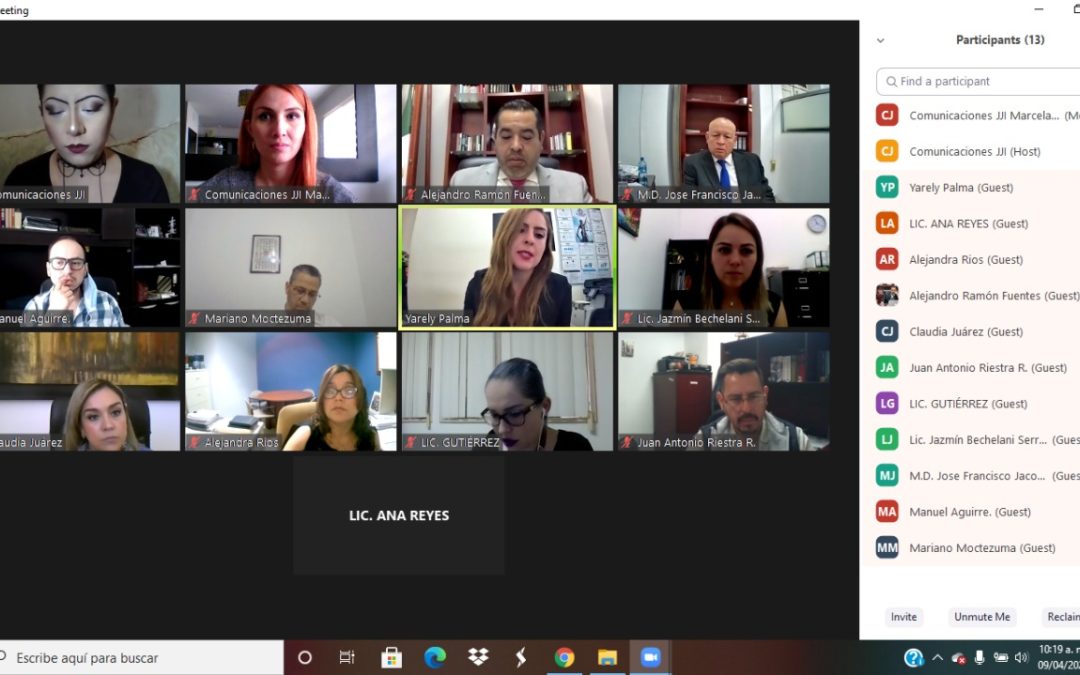In February of this year, we started JJAI’s project National Task Force to Shorten Pretrial Times. This project consists of a meeting held periodically to analyze and compare data and statistics from different Mexican states.
The purpose is to identify unnecessary delays in the process and to generate strategies with the aim of reducing the time of youth detention. This is especially important in the current context of the Covid-19 pandemic, due to the need to maintain social distance to prevent contagion, as well as preserve the mental health of adolescents.
Until August 2021, a total of four meetings have been held with the participation of Appellate Judges, Judges, Public Defenders, and Prosecutors specialized in criminal justice for adolescents from the states of Durango, Chihuahua, San Luis Potosí and Chiapas. The agreements reached in these meetings have been bimonthly data collection and analysis; the specification of the indicators that will define the national standard; and the elaboration of proposals for the creation of a questionnaire addressed to the judges of each of said states, to identify delays.
The next meeting is scheduled for the 8th of October of the current year, and there are plans to invite other states of the Mexican Republic, so they too can learn about the project and join it.

